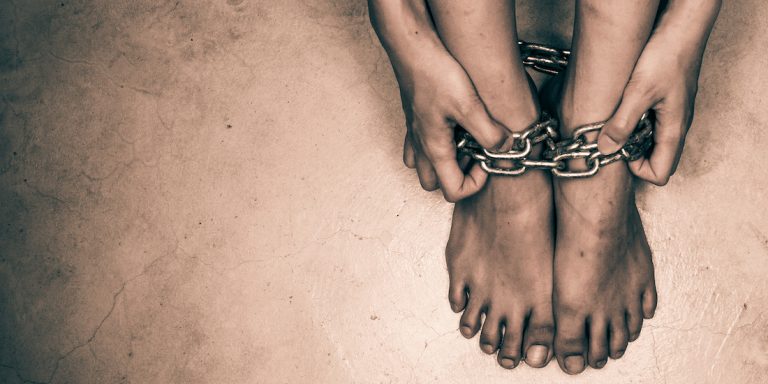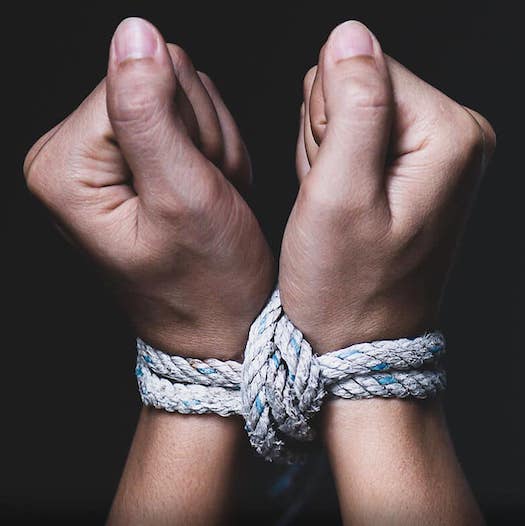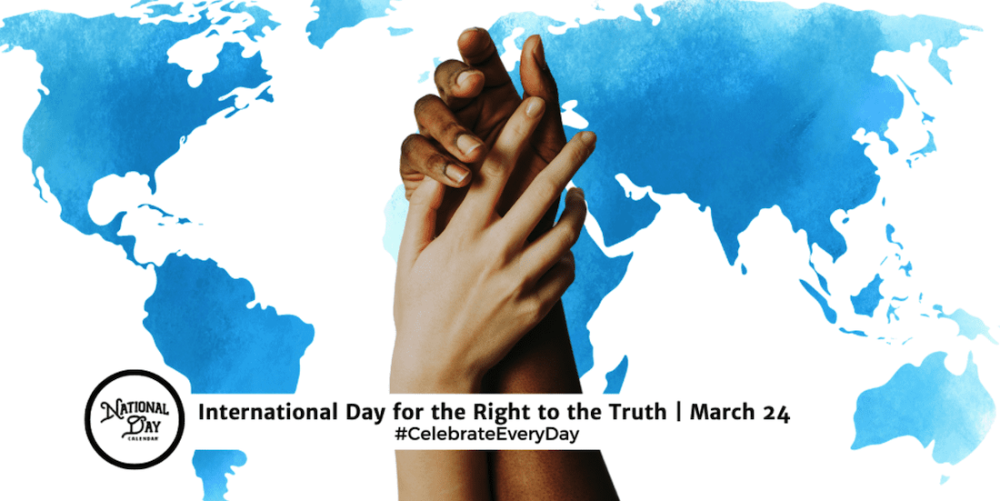
March 24th marks international recognition of survivors’ voices and accountability

New York, N.Y. – The quest for truth transcends borders, cultures, and generations. On March 24th, the world observes the International Day for the Right to the Truth Concerning Gross Human Rights Violations and for the Dignity of Victims, a solemn occasion that underscores humanity’s collective responsibility to remember, acknowledge, and seek justice for those who have suffered unimaginable atrocities.
This observance, established by the United Nations General Assembly in 2010, represents more than ceremonial remembrance. It embodies a fundamental principle that victims of gross human rights violations deserve recognition, their families deserve answers, and societies must confront difficult truths to prevent future tragedies.
The Genesis of Truth-Seeking
The day’s significance stems from the assassination of Archbishop Óscar Romero on March 24, 1980, in El Salvador. Romero, who championed the rights of the poor and denounced human rights violations during the country’s civil war, became a martyr for truth and justice.

The archbishop’s murder exemplified the dangerous work of truth-tellers who risk everything to expose systemic oppression and violence.
Romero’s legacy catalyzed international movements demanding transparency and accountability.
His final sermon, delivered the day before his assassination, called for soldiers to disobey orders that violated human dignity.
This courageous stance cost him his life but illuminated the path for future human rights defenders worldwide.
The Truth and Reconciliation Commission model, pioneered in countries like South Africa, Chile, and Argentina, emerged as a mechanism for societies to confront past atrocities.
These commissions demonstrate that sustainable peace requires acknowledging painful truths rather than burying uncomfortable histories.
Contemporary Challenges in Truth-Seeking
Today’s global landscape presents complex challenges for truth and accountability. Authoritarian regimes continue suppressing dissent, while misinformation campaigns obscure factual narratives. Digital surveillance technologies enable unprecedented monitoring of civil society organizations and journalists who document human rights abuses.
The rise of social media platforms has democratized information sharing but also facilitated the spread of false narratives. Victims’ families increasingly struggle to navigate digital spaces where their loved ones’ stories compete with manufactured controversies and deliberate distortions.
International criminal justice mechanisms, including the International Criminal Court and various hybrid tribunals, provide pathways to accountability. However, these institutions face limitations in enforcement power and political interference from powerful states reluctant to submit to international jurisdiction.
Voices of Survivors and Families
The heart of this observance lies in amplifying survivors’ testimonies and honoring victims’ memory.

Human rights organizations worldwide document stories of resilience, courage, and the persistent demand for truth.
These narratives transcend statistical data, revealing the human cost of systematic persecution, enforced disappearances, and mass atrocities.
Mothers of the Plaza de Mayo in Argentina exemplify this unwavering pursuit of truth.
For decades, these women gathered weekly, demanding information about their disappeared children during the military dictatorship.
Their persistence contributed to transitional justice processes that helped Argentina confront its dark past.
Similarly, genocide survivors in Rwanda, Bosnia, and Cambodia — and today in Palestine — continue advocating for historical accuracy and memorialization.
Their testimonies serve as crucial evidence in legal proceedings and educational initiatives designed to prevent genocide denial and promote historical memory.
The Role of Documentation and Preservation
Archive preservation and documentation efforts form the backbone of truth-seeking initiatives. Civil society organizations risk their safety to collect evidence, interview witnesses, and maintain records that may later prove crucial for judicial proceedings or historical reconciliation.
Technology innovations now enable more sophisticated documentation methods. Satellite imagery, digital forensics, and blockchain technology help preserve evidence against tampering or destruction. Open-source intelligence techniques allow human rights investigators to corroborate testimonies and track perpetrators across borders.
Educational institutions play vital roles in preserving and transmitting these truths to future generations. Holocaust education, genocide studies programs, and human rights curricula ensure that difficult histories remain part of public consciousness and academic discourse.
Building Sustainable Truth and Reconciliation
Effective truth-seeking requires more than revealing facts; it demands creating conditions for sustainable peace and social cohesion. Reparations programs, institutional reforms, and memorialization efforts help societies move from acknowledgment to meaningful change.
Gender-sensitive approaches to transitional justice recognize that women and marginalized communities often experience human rights violations differently. Truth commissions increasingly incorporate intersectional analysis to understand how discrimination compounds suffering and affects recovery processes.
Youth engagement in truth and reconciliation efforts ensures intergenerational transmission of lessons learned. Peace education programs and cultural initiatives help young people understand their societies’ histories and their roles in preventing future human rights violations.

The International Day for the Right to the Truth reminds us that seeking truth is not merely about the past but about building more just and accountable societies. As communities worldwide continue struggling with impunity, corruption, and systematic oppression, this observance calls for renewed commitment to transparency, victim-centered justice, and the fundamental right to know.
Truth, though often painful, remains humanity’s most powerful tool for healing, prevention, and the construction of societies worthy of human dignity. On March 24th and every day, the world must choose truth over silence, accountability over impunity, and hope over despair.
Truth’s Unyielding Light: Honoring Victims Through Global Remembrance (March 24, 2025)
Summary
On March 24th, the International Day for the Right to the Truth Concerning Gross Human Rights Violations and for the Dignity of Victims honors survivors and families seeking accountability. This observance, inspired by Archbishop Óscar Romero’s 1980 assassination in El Salvador, emphasizes truth-seeking as essential for justice, reconciliation, and preventing future atrocities through documentation, education, and victim-centered approaches.